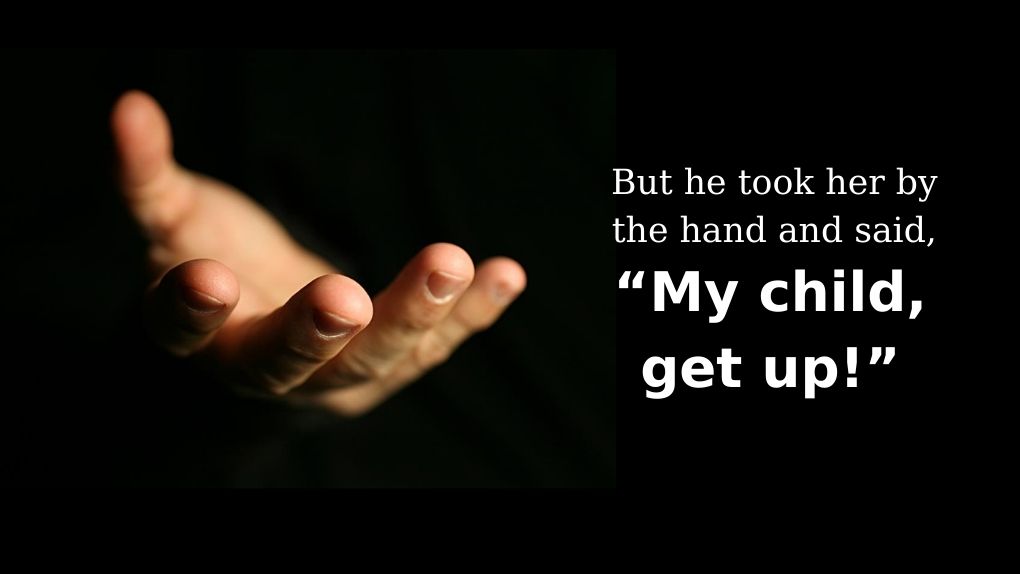In the Seinfeld episode titled ‘The Opposite,’ George vents to Jerry that every decision he has ever made was wrong and that his life is the exact opposite of what it should have been. Jerry teases George suggesting that if his every instinct is wrong then the opposite must be the right thing to do. George is fascinated. How is that he has never thought about this before? He decides to do the opposite of everything he would normally do. He gives the theory a try by approaching a beautiful woman in the cafe and starting a conversation by saying, “Hi, my name is George, I am unemployed and I live with my parents.” Strangely, the woman appears to be very interested and attracted to George. The theory of the opposite appears to be working for George.
Despite the satirical and fictional nature of the story, it is perhaps something we can all identify with. We all, at times felt, that things didn’t quite work out according to our expectations even though we worked hard and honestly. Moreover, the same is sometimes true when it comes to our faith and spiritual life. We pray, turn to God, and seek his support and intervention at critical junctions of our lives. If we identify God with a loving parent, how can He be indifferent to our pleas to help and delay his help?
Today’s Gospel reading is about a wounded and worried father – Jairus. He is a synagogue leader, a respected and revered community member. His only daughter is gravely ill and dying. So he rushes to find Jesus, falls on his knees and begs him to come to his house and save his daughter’s life. Here the story is abruptly interrupted with another healing account nested deep inside the main story. As they start to move, a woman from the crowd touches the robe of Jesus and is instantly healed from the hemorrhage she was suffering from for twelve long years. At this point of the story, it appears as if Jesus completely forgets about the dying girl whose only chance of survival was his visit, and does the complete opposite of what we and certainly the desperate father hoped for. Jesus stops and engages in a seemingly unimportant conversation and matter. He questions the crowd and wants to see the person who touches his robe to come forward and testify about their healing miracle. What happened? Did Jesus indeed forget about the dying girl and the urgency to save her?
The two seemingly separate stories are intertwined and deeply connected with sharp contrast and a common theme. The woman suffered for twelve years and Jairus’ daughter was twelve years old. One was wealthy and the other poor; one was a female and the other one a male. The woman was a social outcast, while Jairus was a prominent community leader. One was ashamed even to ask for healing and secretly touched his robe, while the other wanted Jesus to go to his house for the healing prayer. But the connection between these two stories goes even deeper. Church fathers and modern Bible commentaries propose that Jesus delayed his visit to the sick girl to create an opportunity for Jairus to see and witness the miraculous healing of the bleeding woman. Perhaps, he needed this encounter and encouragement to bring forth his trust and faith towards Christ as one with authority and power to heal his daughter and bring her back to life.
In the dark moments of life, when we feel discouraged by our unanswered prayers and wonder if we might be doing something wrong or asking something that God does not approve of, it is important to remember the story of Jairus. There are two primary ingredients for miracles; divine love and human faith. The delays and detours of faith could be because spiritual experiences and encounters await us, opportunities for us to grow in our faith and trust in God. When we are ready, when the time is right, our loving father will always be there, ready to heal our lives and make us whole again.



Comment(1)
Peruse Khachoyan says:
November 7, 2021 at 9:19 pmThis message makes me think of the Scripture promising that if we seek we will find, if we knock doors will open, and whatever we ask will be given. But sometimes we forget that the Scripture specifies, “According to the will of the Lord.” So when God’s answer is no, whether for now or never, faith asks that we trust where God is leading us even when we’re disappointed or afraid. And I remember Christ’s prayer in the Garden, “Not my will but thy will be done.” Faith is challenging and not without tears. But Jesus also wept, so we’re in the best company.